As the global manufacturing industry accelerates its intelligent transformation, the 2025 ABB Cup Intelligent Technology Innovation Competition was officially launched recently. This competition is co-organized by the Chinese Automation Society and ABB (China) Co., Ltd., focusing on the integration of "artificial intelligence + high-end manufacturing" technology, and building a breakthrough technology training ground for global engineers and scientific research teams. Directly hit the core track of Industry 4.0 This competition has four practical competition questions, deeply integrating ABB's hard-core product systems such as high-efficiency motors, inverters, PLCs and industrial robots, requiring participants to use cutting-edge technologies such as AI algorithms, digital twins, and machine vision to solve real pain points in scenarios such as smart factories and green manufacturing. A special "virtual-real linkage robot programming" competition was added, and the ABB Ability™ industrial cloud platform interface was opened for the first time to promote the seamless connection between virtual simulation and physical production. Twenty-year technology incubation platform upgraded again As one of the oldest events in the global industrial automation field, the ABB Cup Competition has cultivated more than 30,000 professional and technical talents and incubated 672 patent technologies. This year's competition has received special support from the Swiss Embassy in China. The winning team will have direct access to ABB's global R&D network and receive targeted technical guidance from the expert think tank of the Chinese Automation Society. Using competition as a medium to build an industrial ecosystem "We are witnessing the key transition of industrial AI from concept verification to large-scale commercial use." ABB China CTO said, "All the topics of this competition are derived from the real needs of ABB's global customers, and excellent solutions will directly enter the commercial evaluation process." It is worth noting that the competition has set up a cross-border collaboration award for the first time to encourage Chinese and foreign teams to jointly develop intelligent manufacturing systems that meet ISO international standards. Participation value multiplication plan From now until December 31, 2024, corporate and university teams can submit plans through the official website of the competition. In addition to the total prize pool of over one million, all shortlisted works will receive priority procurement rights from ABB's supply chain and have the opportunity to enter the national intelligent manufacturing demonstration production line for achievement transformation. With the outbreak of new technologies such as industrial metaverse and generative AI, this year's ABB Cup competition has become an important indicator for observing the evolution trend of global intelligent manufacturing. For foreign trade companies, this is not...
Read More
 English
English français
français español
español العربية
العربية

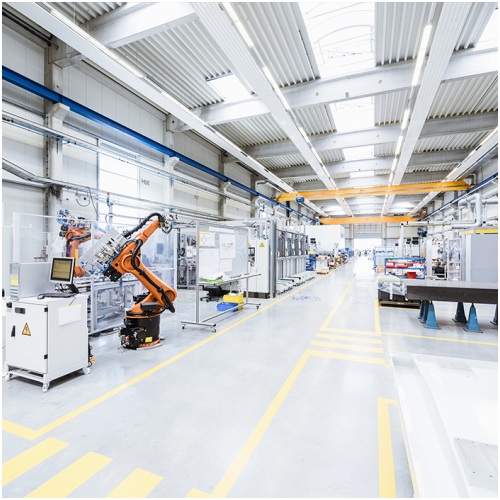
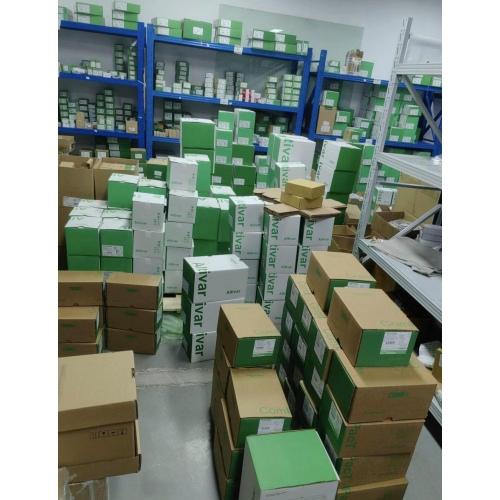
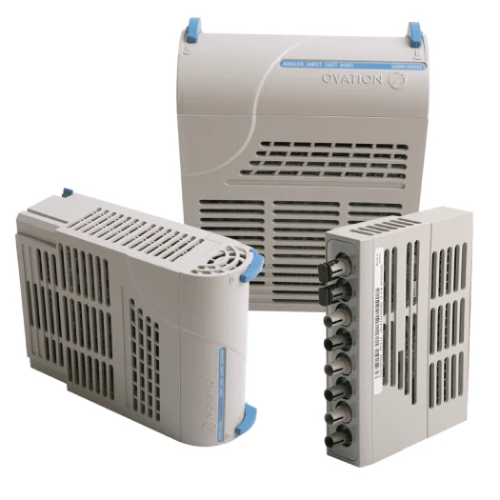
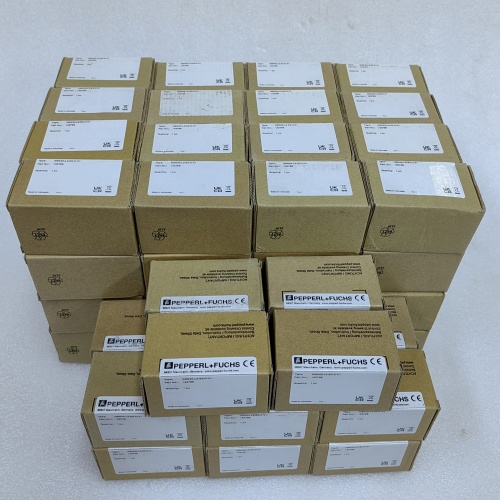
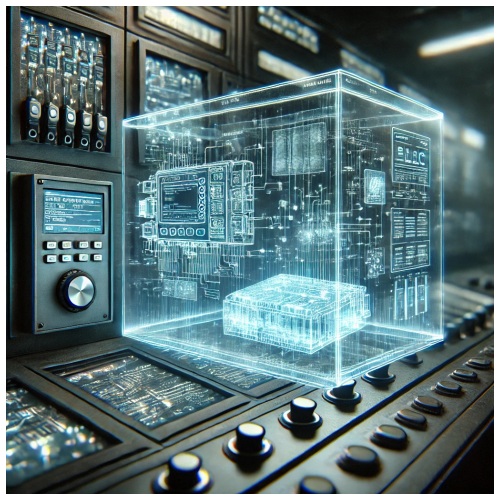
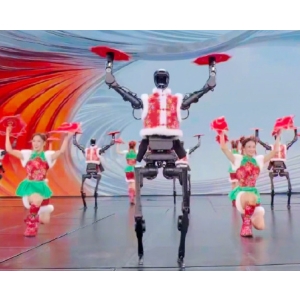

 +8615327455845
+8615327455845 lizzie@swanautomation.com
lizzie@swanautomation.com




 IPv6 network supported
IPv6 network supported